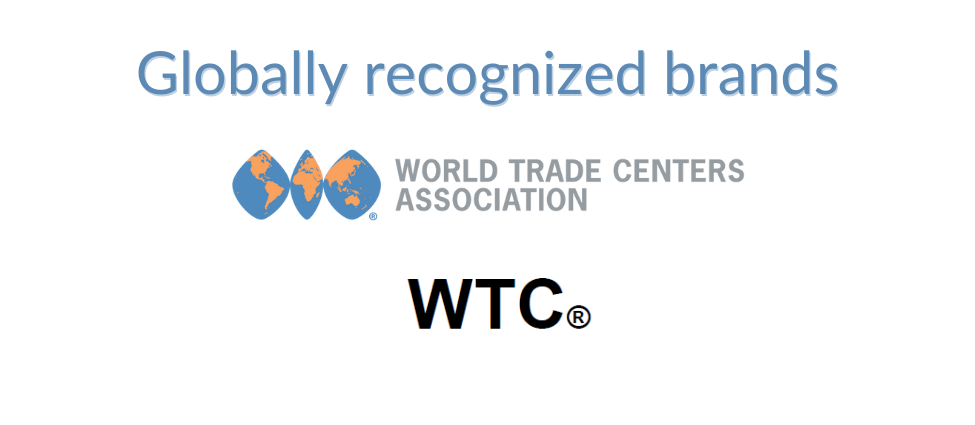

Minister invites green hydrogen plant investment
Sustainable cities and communities is the 11th Goal under the UN Sustainable Development Agenda 2030 and governments across the world are taking measures to make their cities environmentally sustainable, economically vibrant and socially inclusive. Urban green space plays an important role in mitigating environmental pollution in urban areas and increase quality of life of residents. World Trade Center Mumbai and All India Association of Industries (AIAI) organised a Seminar on ‘Development and Conservation of Urban Green Space’ to discuss strategies to improve quality of life and mitigate environment pollution.
Mr. Deepak Vasantrao Kesarkar, Hon’ble Minister of School Education and Marathi Language, Government of Maharashtra informed, “I extend all possible cooperation, as a guardian Minister, to achieve our mission of ‘Clean Mumbai, Green Mumbai’ and ‘Healthy Mumbai’.
The Hon’ble Minister further informed that the state government has involved 34 lakh school students in the second phase of the Swachhata Monitor scheme for segregation of municipal solid waste. The state government is also working on setting up sewerage treatment plants (STPs) to treat sewage water before it is released in the sea.
Mr. Kesarkar advised the residential societies in Mumbai to set up waste treatment facilities on their vacant space to mitigate environmental pollution.
Dr. Vijay Kalantri, Chairman, WTC Mumbai mentioned, “Air pollution is the principal cause of death among children and adults in the country. The state government and the municipal administrations should take long term measures to protect our future generation from air pollution. Municipal waste should be safely transported to landfills to prevent air pollution. The state government may provide viability gap funding (VGF) to private companies for implementing waste management projects. Also, land should be allocated for setting up waste to energy plants and concession agreements should be finalized without delay for such projects. India can also partner with Russia, which has developed new technologies for converting waste into green hydrogen.”
Dr. Anil Agnihotri, Expert on Energy Recovery, suggested setting up of small bio-methanation plants in different parts of Mumbai to process a few hundred tonnes of municipal solid waste. Dr. Agnihotri mentioned, “Large cities such as Mumbai and Delhi generate 10,000-12,000 tonne of municipal solid waste per day, which can be treated using bio-methanation plants and converted into cooking gas and organic fertilizers. State government should establish de-centralized bio-methanation plants in different parts of the city where waste is generated so that they can be treated on the spot. Bio-methanation plant is a better alternative than setting up incinerator plant, which generates flue gas that pollutes atmosphere.
Mr. Gaurav Agnihotri, General Manager, The Hydrogen Company HYGENCO shared information about the potential for India to attain self-reliance in the energy sector by harnessing green hydrogen. He informed that HYGENCO has set up a state-of-the-art, fully autonomous green hydrogen pilot plant at Ujjain in the state of Madhya Pradesh in 2022. HYGENCO is the only company In India with two long term green hydrogen offtake agreements to supply green hydrogen to Jindal Stainless and Sterlite Technologies Limited. HYGENCO plans to invest more than USD 300 million (Rs. 2,471 crores) in green hydrogen projects across India in the next three years.
The event was attended by members of trade & industry, think tanks, NGOs, financial institutions, and academia.
In photo (From left to right): Dr. Anil Agnihotri, Expert on Energy Recovery, Dr. Vijay Kalantri, Chairman, WTC Mumbai, Mr. Deepak Vasantrao Kesarkar, Hon’ble Minister of School Education and Marathi Language, Government of Maharashtra, Mr. Harish Jayaram, Vice President. Business Development, HYGENCO and Mr. Gaurav Agnihotri, General Manager, HYGENCO.
